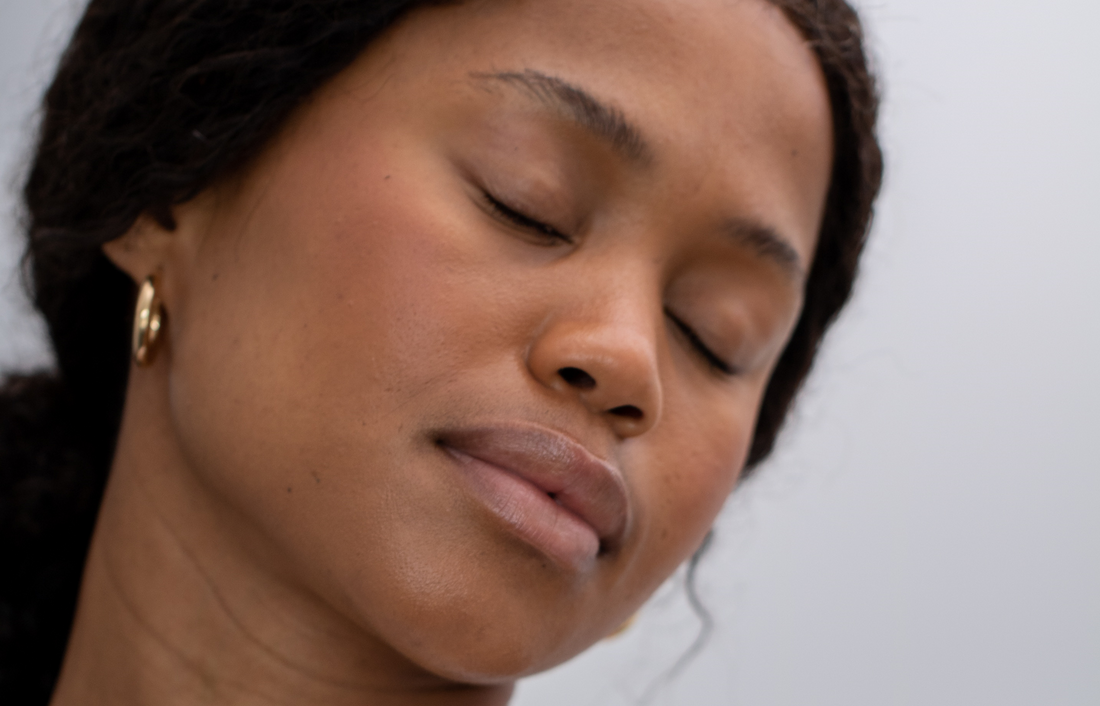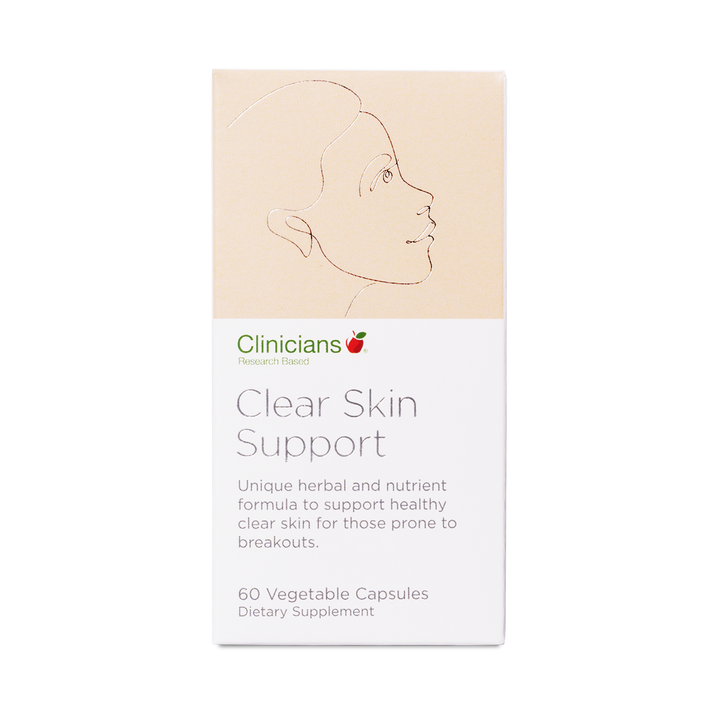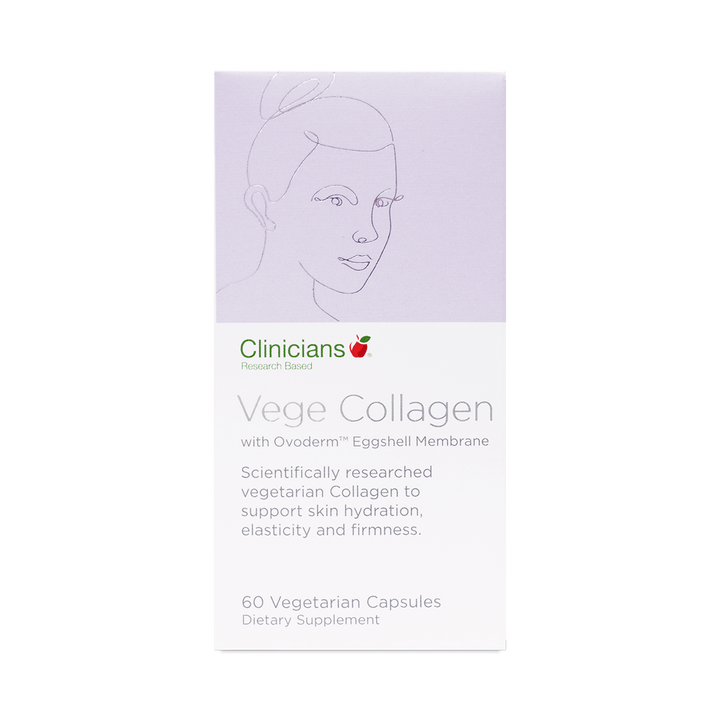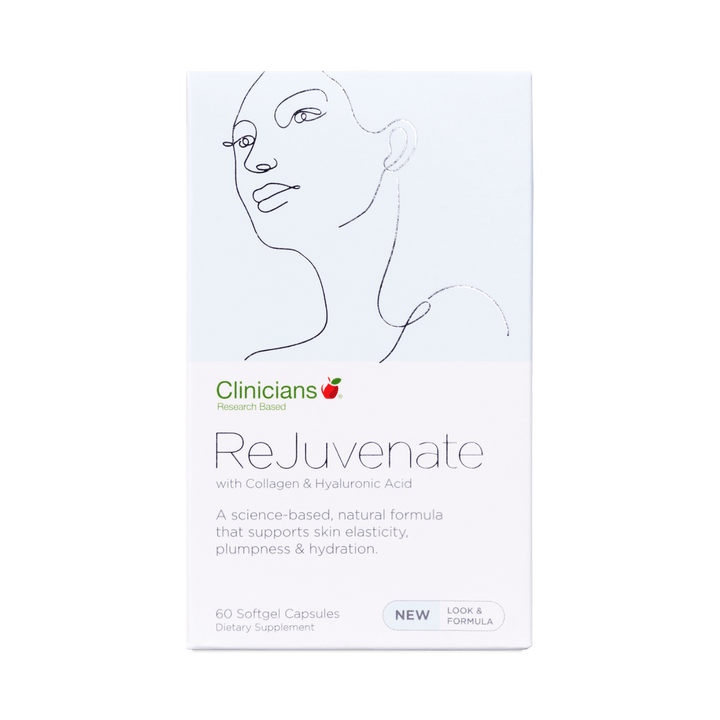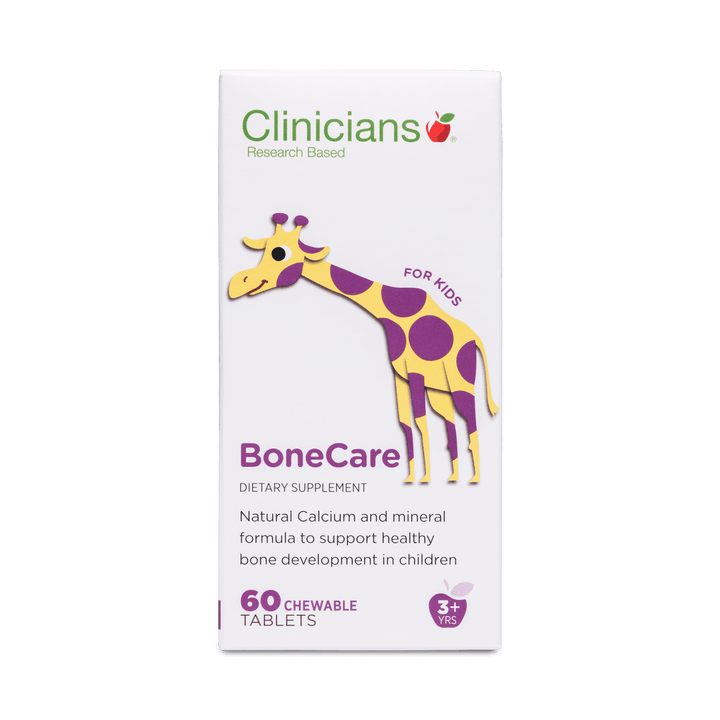Is your skin feeling a bit dry, dull or flakey? Do you know the difference between dry skin and dehydrated skin, or how to tell what is causing it? We take a closer look at what could be affecting your skin and what can help.
Has your skin always been dry or have you needed more moisturiser as you age?
Did you know that dry skin and dehydrated skin are not the same thing? They are actually two different conditions. Dry skin is one of the genetic skin types; the other alternatives being normal, oily or combination. This is likely to be the type of skin you will have all your life; although as we age skin generally tends to become dryer.
Dehydrated skin on the other hand is a state that the skin can be in, and this can change from time to time. It describes a lack of water in the skin; less than 10% in the epidermis (top layer of skin).
What causes dry skin?
Dry skin is caused by a lack of oil in the skin. This oil sits in the upper layer of the skin called the epidermis, which is the layer you see. The job of the epidermis is to provide a barrier to the outside world keeping bacteria and chemicals out, but also to keep body heat and moisture in.
This is achieved by having a layer of lipids (ceramides) that help make skin supple and waterproof. People born with a "dry" skin type tend to produce fewer lipids in the skin, which may cause the skin to look drier and rougher.
As we age our ability to produce lipids like ceramides declines, which then makes our skin drier. It also leads to transdermal water loss, as the skin barrier does not work as well as it used to.
Skin can also become dry due to external factors that strip our natural oils. For example, alcohol-based cleansers.
What causes dehydrated skin?
Simply put dehydrated skin occurs when there is not enough water in the body. It can occur for any skin type. Skin is always the last organ in the body to get water, so if you don't drink enough then your skin is going to suffer. The balance of water can also be affected by too much water loss, for example after workouts from sweating, diarrhea or excess sun exposure.
Is my skin dehydrated or dry?
Dry skin may also appear tight or there may also be dry patches, redness or flaking rough skin. Skin pores are small or almost invisible. Another thing that you may have noticed is dry rough spots on the backs of your arms or legs, a bit like chicken skin. Dry skin can be itchy and may be very sensitive to allergens or strong-smelling products.
Dehydrated skin can be easily tested for by doing a pinch test. Pinch a small amount of skin on the back of your hand and hold it for a few seconds. When you let it go, the skin should snap back flat immediately. If it takes a few moments to snap back your skin is likely dehydrated. Other signs you may notice are skin may look rough, dull, tight and may feel unsupple and uncomfortable. Lips may also be dry, and eyes can be sunken.
Top hacks for dry skin?
- Increase good fats - Since dry skin lacks oil in the epidermis increasing the consumption of good fats in the diet will help. Foods like avocado, coconut products, flax seeds and other seeds are good sources. Also include nuts and omega oils from plants, fish and seafood. For those with extra dry skin supplementing with Omega 3 oils or evening primrose oils can be supportive. Ceramide supplementation can also help with dry skin, especially as skin ages as our natural production of ceramides declines.
- Dry skin brushing can be helpful for people with dry skin. This is done with a soft brush on dry skin, rather than using an exfoliating brush or mitt with soapy products that might dry out the skin. Using gentle upward strokes skin brushing removes dead skin cells so skin can breathe and stimulate new growth via improved circulation. It is also helpful for the lymphatic system to remove toxins in the body.
- Avoid overly perfumed products on this type of skin as it tends to be sensitive. Also, avoid harsh cleansers and astringents.
- Increase fat-soluble vitamins - These include Vitamin D, which is needed to strengthen the epidermis and encourage skin cell growth. Vitamin A, essential for skin moisture and deficiency can result in those red dry bumps on the skin that look like chicken skin. Vitamin E is a key antioxidant in the fatty layer of our skin and helps to protect it from oxidative damage. These nutrients are often found in nuts, seeds, plant oils, eggs avocado, oily fish and for Vitamin A orange fruits and vegetables.
What can help dehydrated skin?
- Hydrate - Drink plenty of water or herbal tea. Try to moderate consumption of caffeine-containing drinks and alcohol as they are dehydrating. Also, make sure you top up fluids after a big workout.
- Increase hyaluronic acid as these sugar molecules sit in the dermal layer of the skin and attract water. This helps to hydrate our skin and makes it appear plumper and more unlined. It is possible to supplement with hyaluronic acid and it can also be found in some topical creams.
- Stay sun smart - UV light from the sun can damage the top layer of our skin, making it less able to keep moisture in. Don't spend too much time laying in the sun, always wear a moisturiser with UV protection in it or sunscreen. Wear a hat to protect your face.
- Avoid long showers in hot water as this can be dehydrating.
- Be aware, especially in winter, that heaters can be very drying.
- Avoid tobacco products as they damage the skin with toxins, but also deplete the body of vitamin C, which is needed for skin health and collagen production.
For all skin types, a balanced diet that is rich in fresh fruit and vegetables is going to give your skin much needed antioxidants needed for a healthy glow. If you need advice on what products may help your skin health, you can book a chat with one of our in-house Naturopaths.

